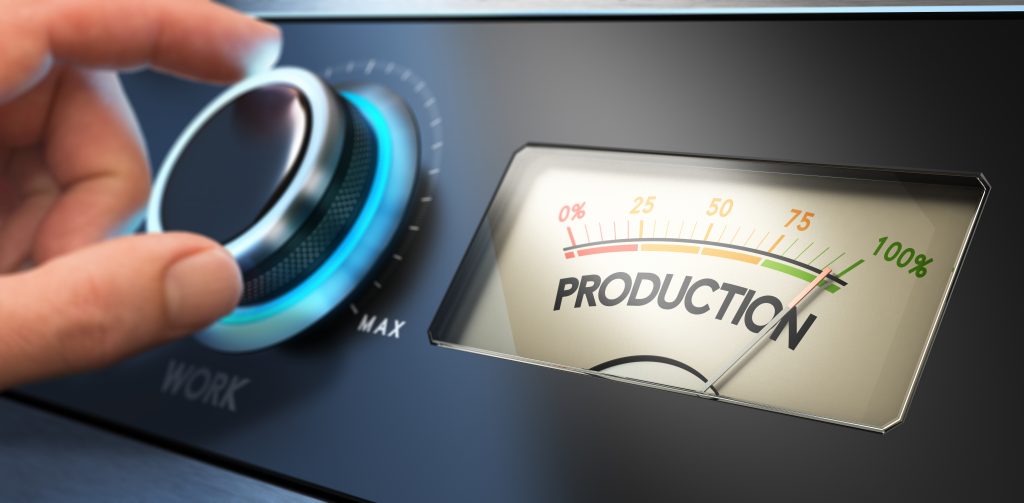
A new year is a time for reflection and resolutions. We seek to better ourselves personally and turn our mind to our professional practices as well. As counsel, you ask yourself how you can run your files differently than in the past and set up your practice in the new year for continued success. While 2019 is clearly in the rear-view mirror, lingering files from last year will continue to trudge ahead, while dormant, forgotten ones will rise from their slumber as they so often do.
So as you consider how to move these files forward, take a moment to contemplate your upcoming mediations in 2020. There are few experiences more fulfilling in law than a smoothly run mediation and few things that drag on slower than a bad one. Good mediation is as much of an art as it is a science, and you want a mediator who will stay engaged, maintain a positive attitude and work diligently to help your client resolve their matter.
Five key things that the right mediator can do for you in 2020:
- Makes Everyone Comfortable – You may have been to countless mediations, but most likely your client has not. Often times, they go into the mediation apprehensive, potentially exhausted from what they feel is an already draining legal proceeding and may be hesitant to share their story with a perceived stranger. They also may not be expecting much from the process and feel that their current position is too far apart from the other party to result in a productive day. Good mediators will work quickly to build a rapport with your client and communicate their commitment to helping them resolve the matter.
- Delivers Offers Thoughtfully – As counsel, you know how the mediation game is played. You may have come in ready to posture, puff your chest out or “drive a hard bargain” until you see results that satisfy your client. Yet if opposing counsel is taking the same approach, then initial offers may come as a shock. The right mediator will take time to explain the mediation process carefully to your client, and flag how early offers may be startling but do not mean the process is at an end. The mediator should inform both you and your client if the offers are far apart, and explain that for the matter to be resolved that day both sides are going to have to take a breath rather than dig in their heels.
- Guides Your Client Through the ‘Hurry Up and Wait’ – Even the most patient individuals can become fatigued after several hours in mediation. That’s where a mediator with a positive disposition committed to the process can be a tremendous asset in helping boost your client’s faith in sticking with it. The right mediator is going to assess the temperature in both rooms, and deliver news to each party in a way that sets realistic expectations while keeping things moving forward. Sometimes this is a matter of providing encouragement, and other times takes a firmer push to bring the parties closer together. While they cannot themselves be married to the outcome, good mediators maintain a belief that resolution is possible no matter how bleak things may look.
- Offers Their Take – You may have done dozens or even hundreds of mediations as counsel. An experienced mediator has likely done hundreds more. They have seen matters almost identical to yours, and have a good sense from reading the briefs alone of how the mediation will unfold. The right mediator will offer you the opportunity to hear their take on the matter, either in private or in conversation with your client. While an evaluative approach may not always be the right fit, a mediator’s honest opinion can provide a much-needed reality check in help your client move forward. Also, a mediator can speak to their experience and explain to your client the consequences, financially and otherwise, of not settling at mediation. They can even go as far as to offer both parties a proposal or recommendation for settlement if requested.
- Follows Up – Despite a good mediator’s skills, reserves of optimism and perseverance, not every file settles during the initial mediation. Occasionally new documentation comes to light or different perspectives develop. Sometimes the parties are simply not in the right headspace to make a deal that day. However, a mediation that does not settle a file right away can still lay the groundwork for settlement days or even weeks later. The right mediator is one that makes themselves available following a mediation that does not settle to you and opposing counsel in helping find the right path to resolution. A strategic email or well-timed conference call (okay, maybe not the NEXT day) with a mediator can make a world of difference.
While mediation is quicker and less costly than going to trial or arbitration, it can still feel like a lengthy and expensive process to your client. Be sure that you are working with the right mediator – one who is upbeat, thoroughly engaged and committed to getting the deal done. When things do get sticky, a mediator’s past experience can be a real asset, and the right mediator’s ability to provide your client with a well-informed ‘reality check’ can be just the ticket to get a stalling mediation back on track.
Marshall Schnapp has been resolving disputes for over 10 years as a mediator and has extensive experience in adjudication as well. Clients consistently recommend Marshall for his upbeat, tenacious attitude, and the skills he has honed helping resolve thousands of matters. Get in touch by email with Marshall or by telephone (416.789.2983) today to set up a consultation, and see why he is the right mediator for your next file.

